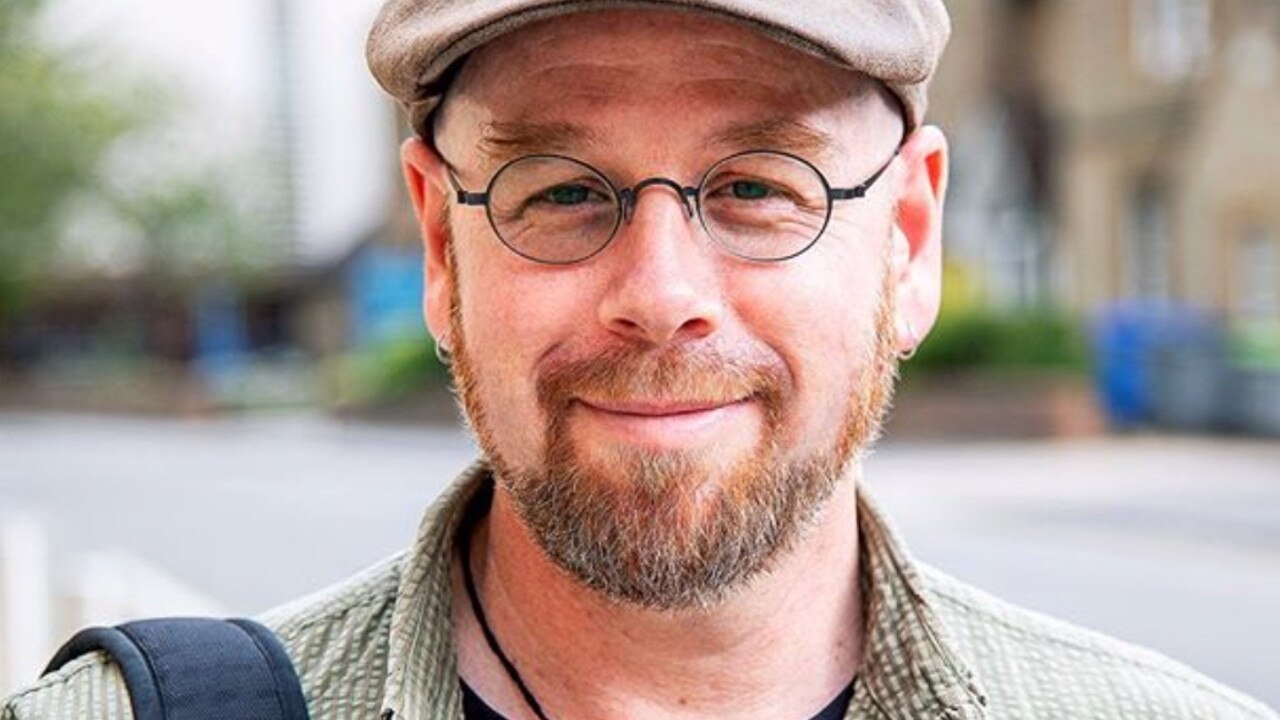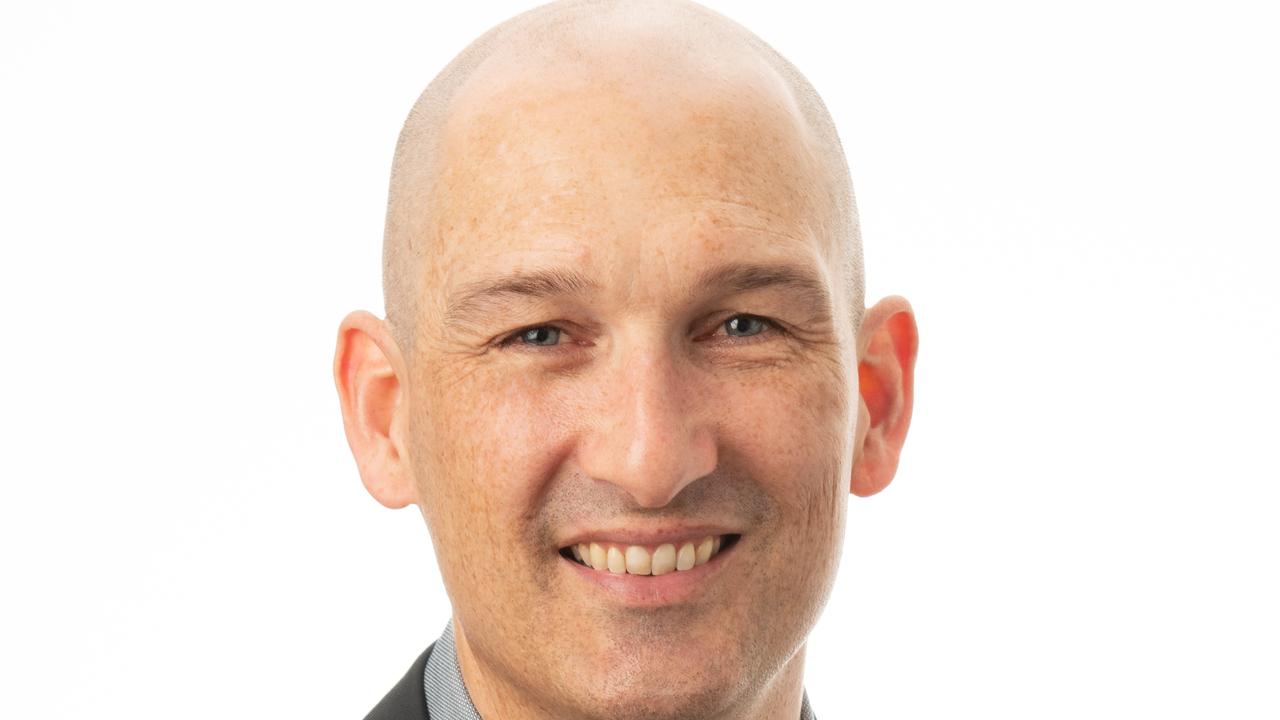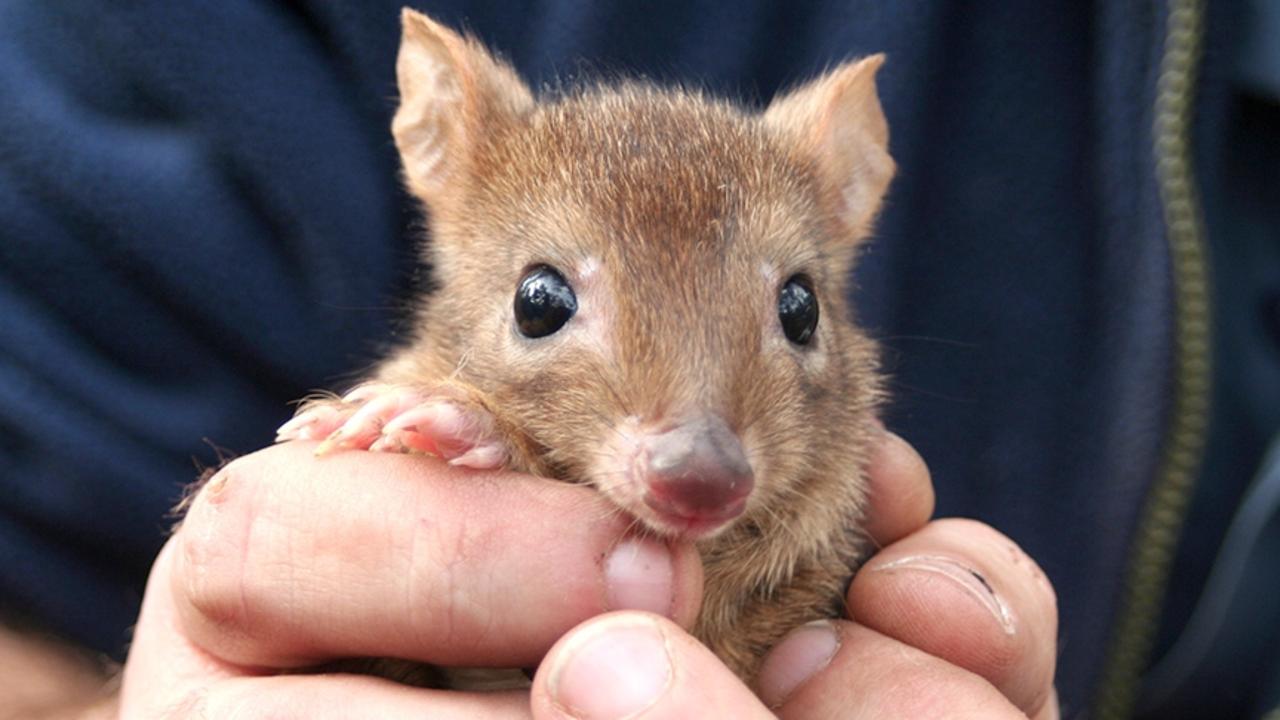Nuclear power ‘must be part of Australia’s future’, Advertiser/Flinders University’s Fearless Conversations series hears
Without nuclear power, Australia “has no chance” of tackling climate change – but our politicians are preventing even the research.
Nuclear power must be part of our future if Australia and the world is to achieve net zero emissions and avoid the worst of climate change, a panel of experts has agreed.
The sixth panel discussion in the 13-part series of Fearless Conversations explored the opportunities and challenges in the environment sector.
Flinders University global ecology Professor Corey Bradshaw said the future of the planet depended on our ability to safely harness energy from splitting the atom (fission).
“Honestly, without fission, we have no chance of making any of the caps that we’re intending to hit for the future, for reductions in emissions and temperature limitations,” Prof Bradshaw said.
“Without fission, with that small (ecological) footprint and high energy density, we’re not going to solve all of the problems.”
The panel was unanimous in their support for a nuclear future. Together they called for “brave and bold” leadership from politicians, universities and media organisations to open discussion with the wider community and seek a social licence for future investment and development.
Finlaysons Lawyers special counsel Kyra Reznikov said Australian law was designed to “shut down that conversation”.
“At the moment we have laws that simply say we cannot build a nuclear generation facility in Australia,” she said.
“We have South Australian laws that say we can’t even put money into doing research and assessment and planning for having nuclear facilities.”
Ms Reznikov said “politics had got in the way of some smart decision making” but that was “historical”.
She called for “brave souls at the parliamentary level” to step up, strip away the barriers, have a conversation and make informed decisions, “rather than simply saying we don’t want to talk about it at all”.
“I say Australia is ready,” Ms Reznikov said.
Frazer-Nash Consultancy energy analyst Dr Ben Heard said we needed to put all of the technology on the table and “small modular reactors” of the future offered an opportunity to grow a new SA industry.
“South Australia itself might only need a limited number of these devices in its particular mix, but we could manufacture them … for the rest of Australia and South East Asia,” he said.
In response to a question about nuclear submarines, Dr Heard said the decision meant Australia would establish more relevant knowledge, capability and skills, which could cross over if the nation also decided to pursue nuclear power.
Environmental engineer turned sustainability educator Laura Trotter said there was “definitely a place in our energy cycle” for nuclear power.
“I’m not antinuclear, I worked at a copper/uranium mine for four years, Olympic Dam, I was a senior environmental engineer there,” she said.
“The big issue around nuclear is the management of waste … but there are countries that have done it successfully.”
More work needed on mammal extinction
- David Goldsmith
Australia is taking strides towards repairing its reputation for the worst mammal extinction rate in the world but more needs to be done.
That’s the view of Flinders University ecologist Professor Corey Bradshaw, who says declining biodiversity is being addressed in South Australia but many projects are not large enough “to make much of a dent in the extinction probability” of some species.

“There are quite a few things that are happening, but most of it just needs to be done on a much broader scale,” he said.
“Predator control is a big one. We need to build up the forested habitat and then reintroduce species that are predator-controlled.”He said one “potential exception” was a 150,000ha wildlife haven on lower Yorke Peninsula. The Marna Banggara project – formerly known as Great Southern Ark – has involved building a 25km predator-management fence between Hardwicke Bay and Sturt Bay, providing a cat and fox-free sanctuary for native animals, including brush-tailed bettongs.
“That’s a large enough area that, if they manage to pull it off, will have real implications for biodiversity in the state,” Professor Bradshaw said. “And that’s the kind of bigger thinking that we need.”

Professor Bradshaw said people generally did not fully comprehend the wider consequences of biodiversity loss.
The environment and sustainability will be on the agenda for this week’s sixth Flinders University Fearless Conversation. The 13-week campaign, in partnership with The Advertiser, brings together leading South Australian voices in roundtable discussions about some of the big issues facing the state.
It is hoped the campaign will encourage people to share thoughts and ideas and embrace a fearless approach to creating solutions.
Other industry figures involved in Wednesday’s 45-minute event – hosted by The Advertiser’s climate and environment editor Clare Peddie – are Frazer-Nash Consultancy’s Dr Ben Heard, environmental lawyer Kyra Reznikov, and environmental engineer and sustainability educator Laura Trotta.

The panel will look at other related issues, such as renewable energy, the importance of Adelaide’s quest to become the next national park city and the push towards net zero emissions by 2050.
Streamed live on advertiser.com.au every Wednesday from 10.30am, the series encourages the community to join the debate about SA’s future.
Submit questions through advertiser.com.au or on Twitter via #fearlessconversations



